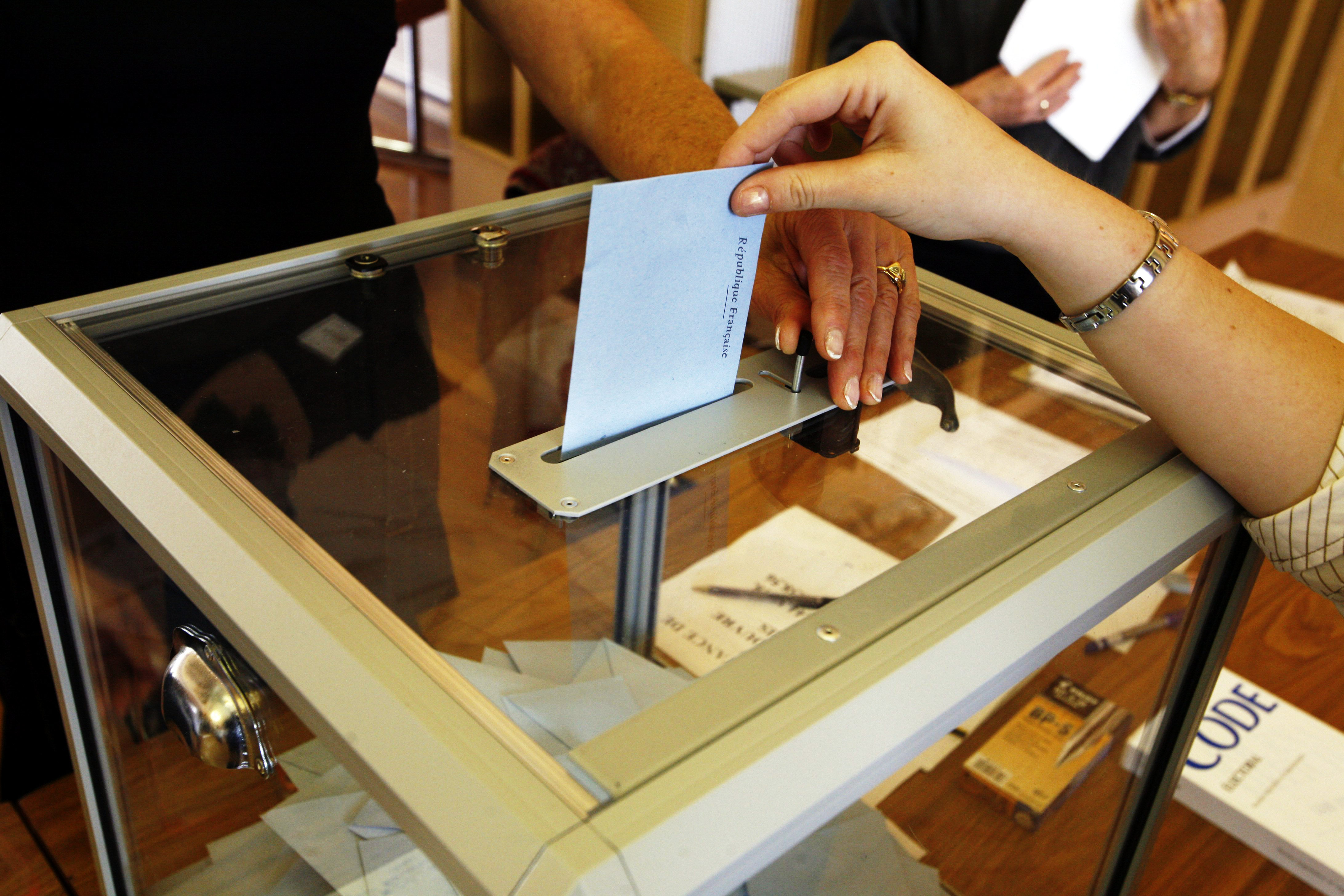If there is one thing that the 2016 Presidential race has revealed thus far, it is that American voters are fed up with the status quo. One does not need to look any further than the two hottest candidates on both sides for proof of this; Vermont Senator, Bernie Sanders for the Democrats, who lost the Democratic caucus in Iowa to Hillary by only 0.3%, and millionaire businessman, Donald Trump for the Republicans, whom Ted Cruz beat by 3.3% this Monday night. Despite their vast differences, they both reflect the country’s growing frustration with the current political system and a desperate plea for serious change.
For the second time in eight years, former “lock” for the Democratic nomination Clinton finds herself fending off the meteoric rise of an underdog candidate. Why is this happening again, though? She is arguably the most qualified candidate running. She should be a shoe-in. Unfortunately, the characteristics that would have guaranteed Clinton the presidency a decade or two ago are working against her now; as distrust of the system grows, so too does the distrust of Hillary Clinton.
Enter Bernie Sanders, who with his “radical” policies, which typically would have shut him out of the presidential campaign, is suddenly rising in the polls. Sanders represents the opposite of what Hillary does, as seen through his consistent shaming of what her ties to Wall Street signify. He is the anti-establishment, anti-status-quo anti-politician.
Though Barack Obama’s presidency has taught us to temper expectations of hope and change, Sanders is connecting with everyone from college students to middle class families, and those even older. He is tapping into our country’s anger over a continually shrinking middle class and the utter ridiculousness of our political scene, while running under a slander-free oath. He chooses to focus only on policy issues, refuses to revert to the ad-hominem, attack-ad style campaign that have become commonplace in election cycles.
Sanders, instead, wants the focus to be on policy and how he plans to better this country.
To be fair, though, it is important to remember that Bernie Sanders is still ultimately a politician, and in the event that he wins, he will be handcuffed by the same congressional roadblocks that any president is. A Bernie Sanders presidency will not bring about the revolutionary change he has been campaigning on, at least not entirely. The system is not built that way and will not allow for it.
Even still, Sanders as a candidate embodies a much needed attempt at re-focusing and heightening the substance of political discourse in this country. He is a breath of fresh air in a world full of scandal, mud-slinging, and bloodthirsty viciousness that more closely resembles trashy reality TV than serious governmental proceedings.
On the other side, Donald Trump’s “out of nowhere” rise and his surprising longevity at the top of the polls is equally fascinating.
The question most frequently asked when analyzing Trump’s popularity is “why?” or, even better, “how?” How can he get away with saying absolutely ridiculous, generally untrue things, and somehow still hold steady or even improve in the polls? It goes against everything political science and history has taught us up until now. What exactly is so appealing about Trump to so many people?
Well, the main draw is that Trump clearly is not beholden to anyone but himself, in ways no other candidate, even Sanders, can legitimately claim. He is completely free, so much so that the very party he is currently the frontrunner of is attempting to sabotage his campaign, which probably only makes his supporters like him more.
Trump, just like Sanders, has tapped into a disenfranchised section of the population, one apparently so deeply loyal to the allure of a president who owes nothing to anyone that they are willing to overlook qualities of his that would ruin any other candidate.
Similar to Sanders, however, is the recognition that a Trump presidency will not result in the realization of most of his big talking points.
Ironically, Trump, despite his stature as an anti-establishment candidate, plays politics as well as anyone else. He knows what his base wants to hear and will harp on those things, regardless of their feasibility, until elected.
With all of that said, if there is one assured positive to Trump’s mesmerizing run thus far, it is that he, along with Sanders, is shining a bright light on issues which have plagued our country’s political scene, exposing things the average American may have ignored or been unaware of. It is easy to find faults
with what he says and the way he says them, but ultimately, he has pulled back the curtain in a way no other candidate has been capable of.
He has effectively made a joke of the American political scene by revealing that it has been one big joke all along. Such an awakening among so many voters could change the very course of American politics for the better…hopefully.
The reality is, despite all of their differences, Trump and Sanders have based their campaigns off varying degrees of the same central idea; people are finally sick of the same old, same old.
Whoever ends up winning, and whatever they manage to do in office, 2016 will be remembered as the year of the Anti-Establishment Election, where two candidates, different in nearly every imaginable way, waged the same fight against a political system that has gone largely unchallenged.
Whether or not we actually learn from any of it?
No one can say for sure; only time will tell.







Be First to Comment